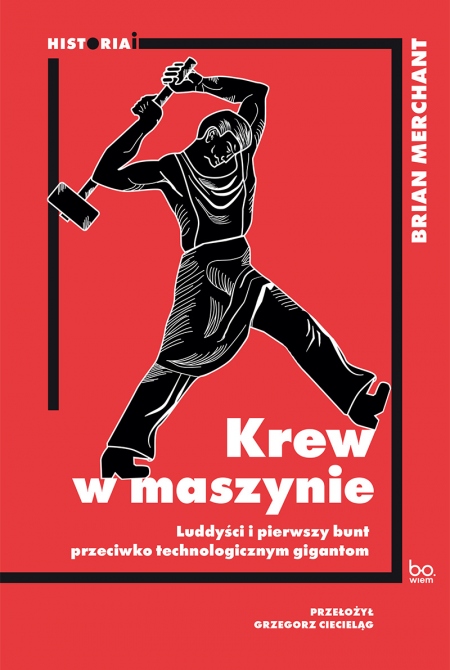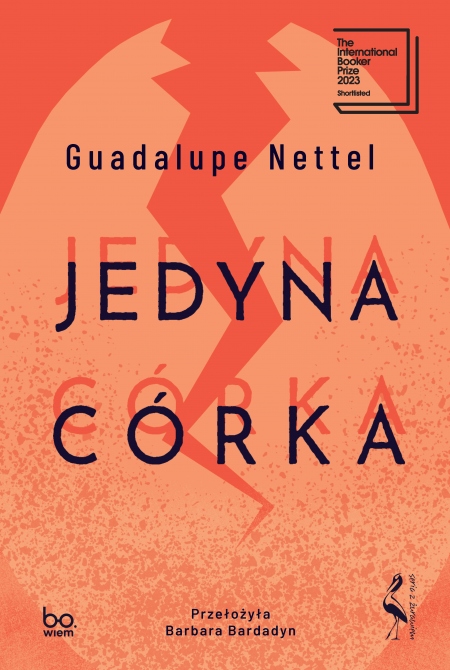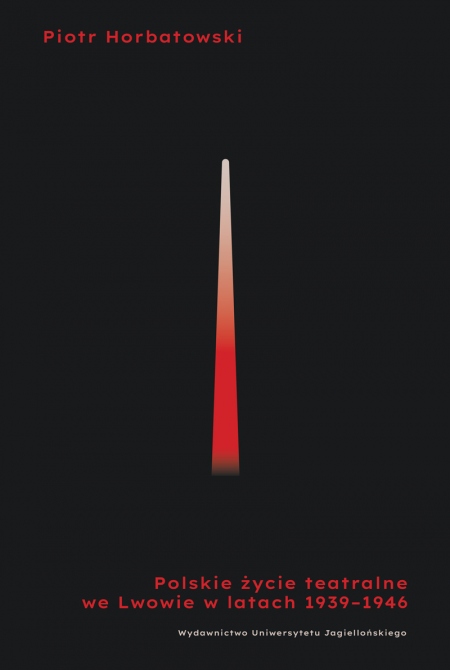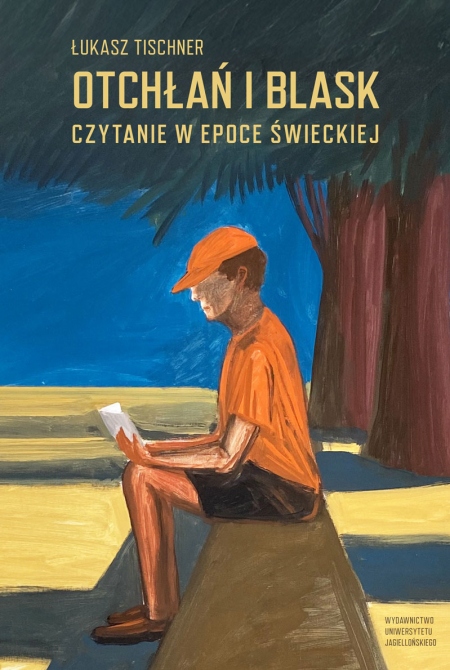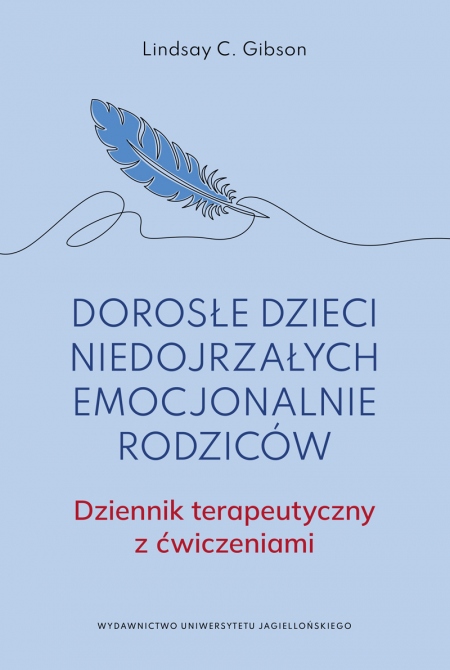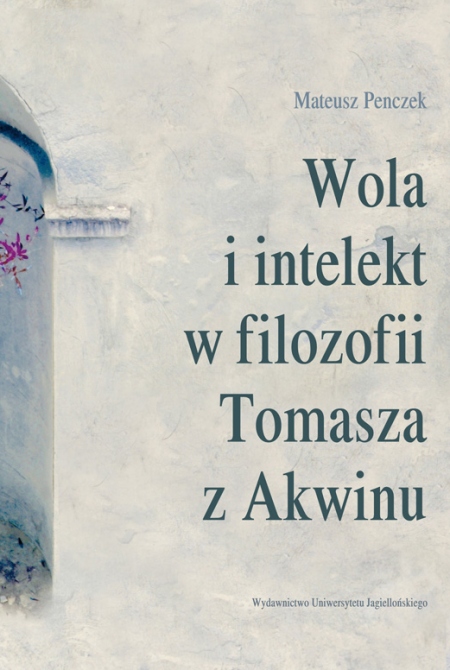
Wola i intelekt w filozofii Tomasza z Akwinu
Pages: 322
Book format: B5
Publication date: 2012
Release date: 27.11.2012
Book description
The subject of the book is the relation between the will and the intellect according to the philosophy of Thomas Aquinas. The book consists of six parts and the concluding chapter. The first part analyses some key elements of Aquinas’s theory of intellect and intellective cognition like the division of the human intellect into the active intellect and the possible intellect, the sensory sources of intellective cognition, the three operations of the possible intellect, the concept of inner word, the differentiation between intellect in the stricter sense and reason. The second part of the dissertation focuses on some general questions concerning practical cognition like the division of the human intellect into theoretical and practical part, different types of practical cognition, necessity, contingency and truth in practical cognition. In the third part the point at issue is the Aquinas’s conception of the foundations of practical cognition. The fourth part presents some important debates on the correct interpretation of Aquinas’s conception of the foundations of practical cognition. In the fifth part the question of practical reason and its activity is analyzed. The sixth part concerns the will. It elaborates questions like the different kinds of appetites, the different kinds of acts of the will, the structure of the human act, the relationship between the will and the other faculties of the human soul. Finally, the discussion goes on to the question of freedom and determinacy of the will. The concluding chapter is intended to give a detailed account of mutual connections between the will and the intellect of man.
Authors
Mateusz Penczek
ISBN: 978-83-233-3360-9
Country of producer: Poland
RECOMMENDED BOOKS
NEW BOOKS

Wola i intelekt w filozofii Tomasza z Akwinu
Choose chapters to buy:
Order value:
0.00 zł
